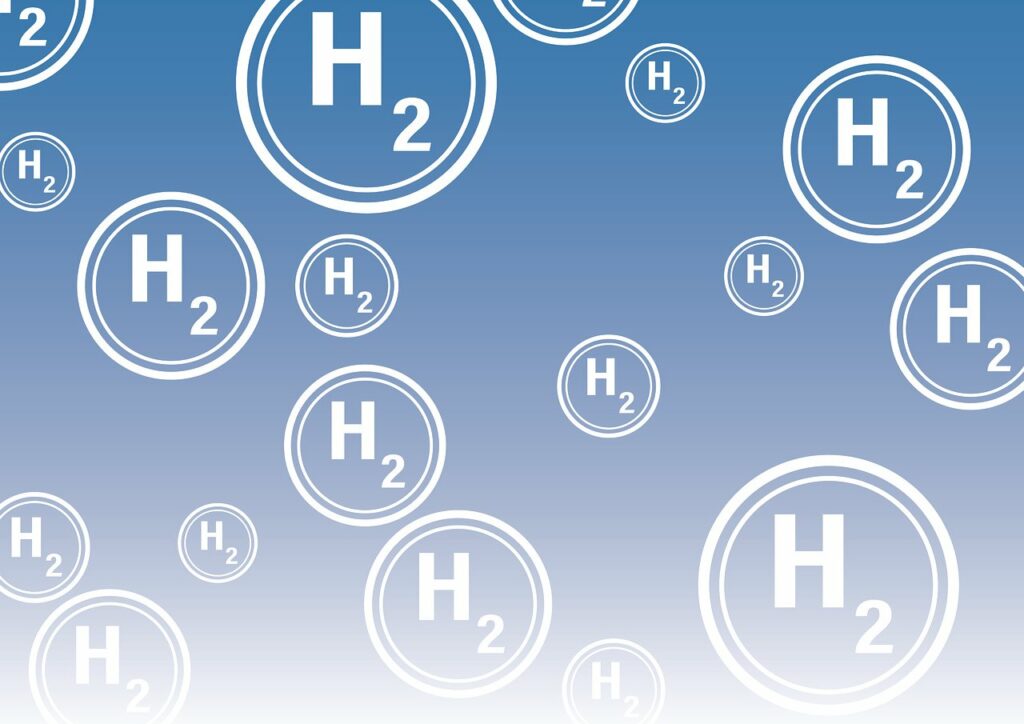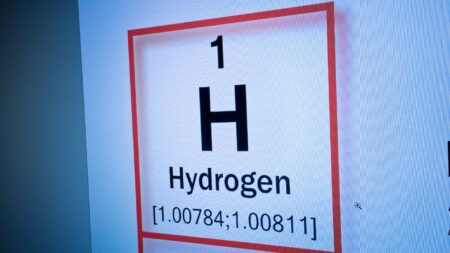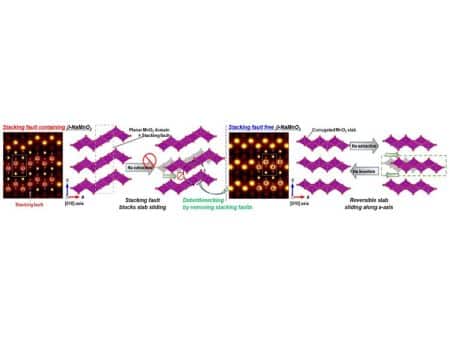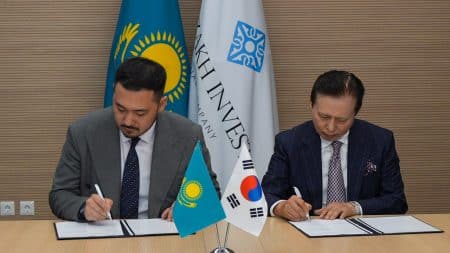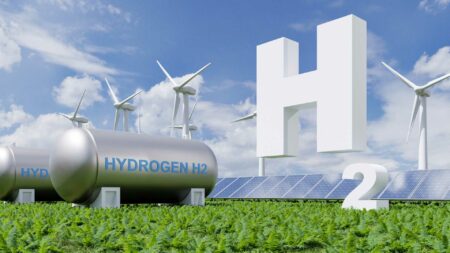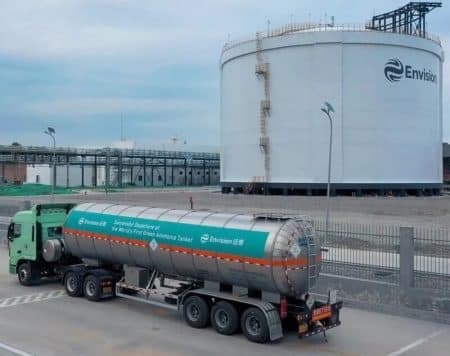As Malaysia aims to be a global leader in hydrogen economy by 2050, the role of Sarawak’s hydroelectric projects is crucial.
Despite hydrogen being a plentiful element, its separation from other elements remains challenging and costly, particularly for developing nations reliant on fossil fuels. The significant investments required to establish facilities for hydrogen production, storage, and distribution compounds these challenges.
The advent of new technologies promises more efficient methods of hydrogen extraction, including converting waste materials into hydrogen, which may also mitigate the global waste accumulation crisis.
Malaysia faces a considerable waste management issue, disposing of approximately 39,000 tonnes of solid waste daily. A breakdown of domestic waste reveals food as the largest component at 30.6%, followed by plastics at 21.9%, and paper at 15.3%. Projections warn that Malaysia may exhaust its landfill space by 2050. Illegal dumping of hazardous waste further exacerbates the situation.
One potential solution lies in converting waste into energy, specifically hydrogen, using various innovative methods.
Technological Innovations in Waste-to-Hydrogen
Hydrogen production technologies are categorized by the cleanliness of the method, using a color spectrum ranging from grey (using fossil fuels) to green (using renewable sources). Converting waste into hydrogen can potentially use various materials, including food waste and other organic materials. For instance, anaerobic digestion of organic waste can produce biogas, which is then processed into hydrogen.
Research from the Pacific Northwest National Laboratory and the American Chemical Society has demonstrated methods to produce green hydrogen from organic waste, including food and agricultural residues. Specifically, Malaysia’s palm oil industry, which generates significant waste, could benefit from these technologies.
Plastics, a major pollutant due to their non-biodegradability, can be gasified to produce hydrogen. This gasification process involves heating plastics with steam or oxygen to about 700°C, converting them into hydrogen and carbon oxides. Advances at Rice University have shown that high-temperature electrical bursts can convert plastics into hydrogen gas and graphene, a valuable material for various industries.
Industrial Waste Utilization
Malaysia’s extensive palm oil industry generates substantial waste, primarily from palm oil mill effluents. These can be processed to produce hydrogen, and current research aims to utilize advanced microwave plasma technology for this purpose. Additionally, the pulp and paper industry offers another avenue for hydrogen production through processes like anaerobic digestion and gasification of byproducts.
Wastewater treatment sludge is another resource that can be converted into hydrogen using methods like anaerobic digestion or pyrolysis.

